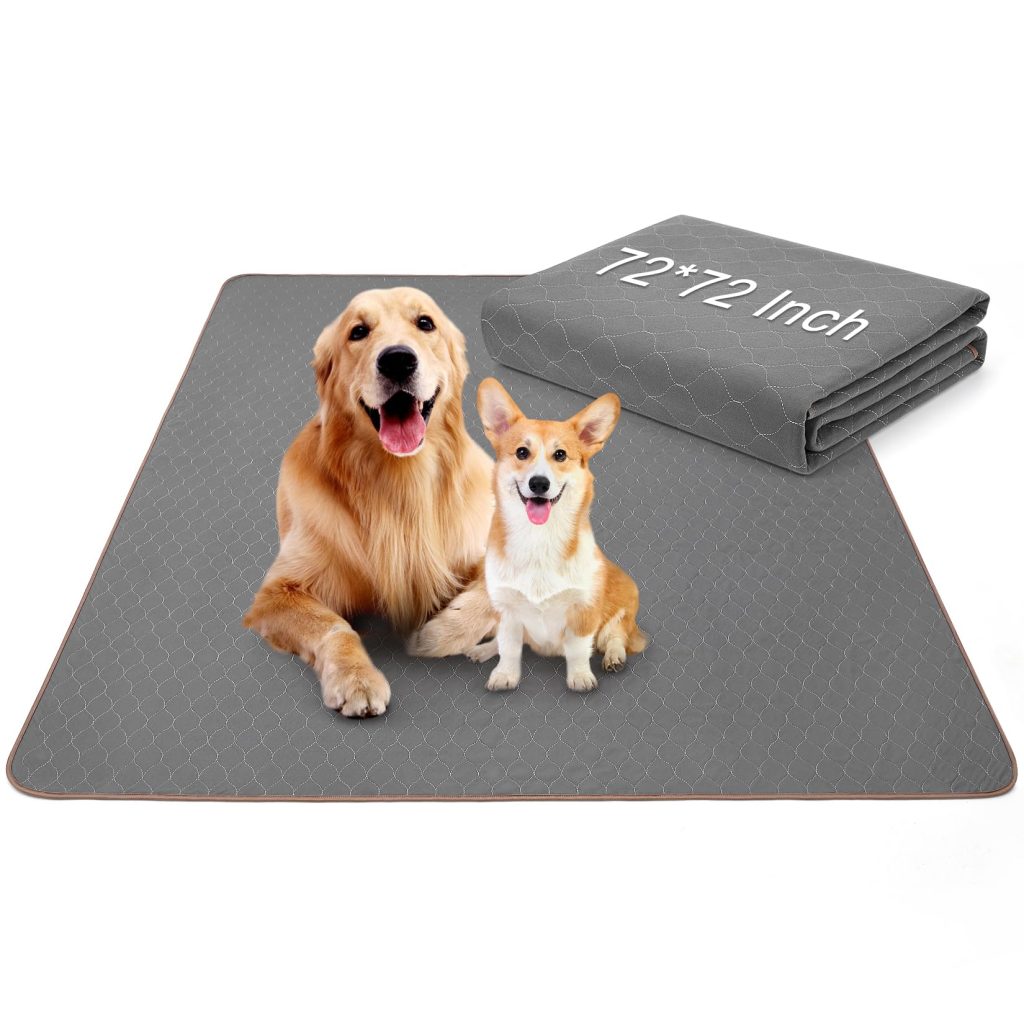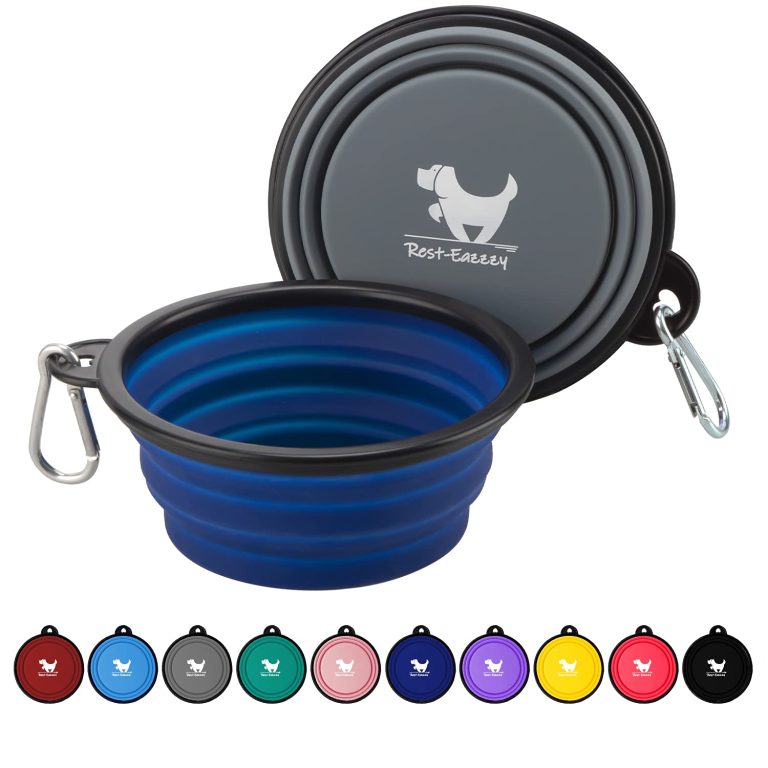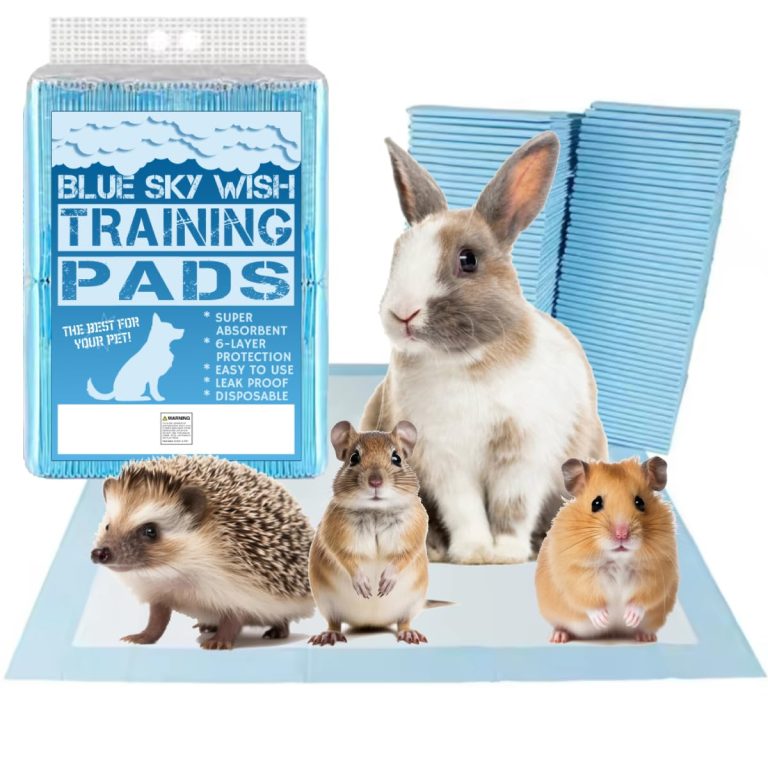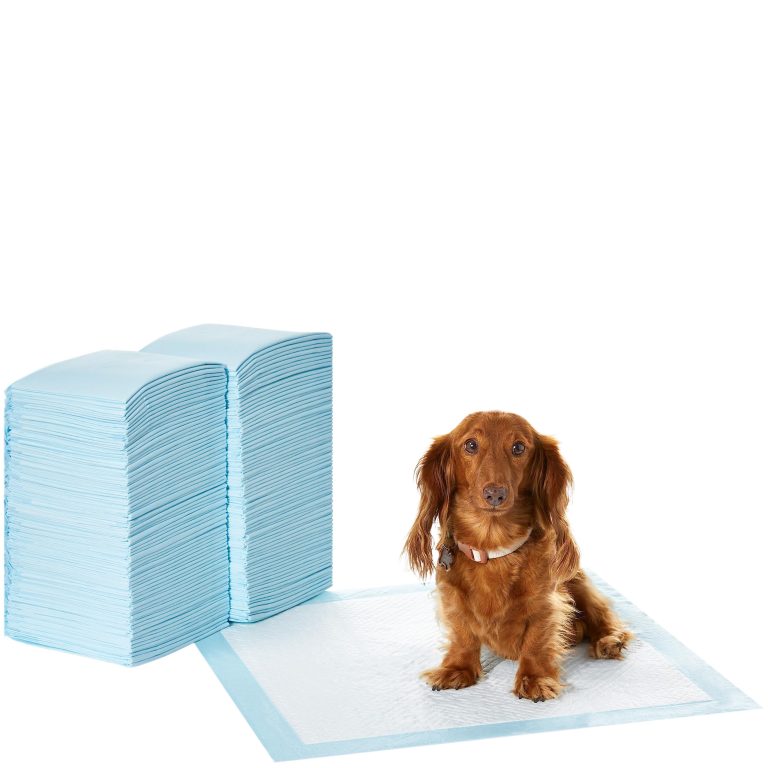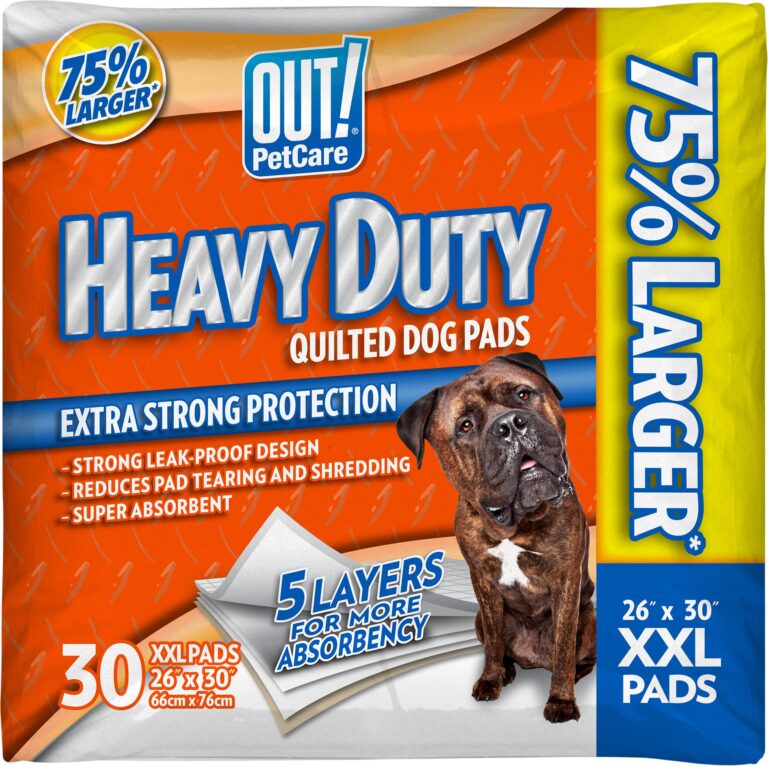Understanding Food Allergies in Dogs – Signs and Solutions

Understanding Food Allergies in Dogs – Signs and Solutions
The Importance of Effective Pet Parenting
Pet parenting goes beyond providing food and shelter for our furry companions. It requires understanding their unique needs, ensuring their well-being, and fostering a loving and safe environment. A significant aspect of effective pet parenting is recognizing and addressing food allergies in dogs. These allergies can cause discomfort and health issues in our beloved pets, but with the right knowledge and proactive measures, we can improve their quality of life.
Signs of Food Allergies in Dogs
Identifying food allergies in dogs can be challenging as the symptoms may vary. However, there are common signs that pet parents should be aware of:
- Itchy Skin: Frequent scratching, rubbing against furniture, or excessive licking can indicate food allergies.
- Gastrointestinal Issues: Diarrhea, vomiting, gas, or bloating after meals might be signs of an allergic reaction.
- Chronic Ear Infections: Recurring ear infections that do not respond to treatment could indicate a food allergy.
- Respiratory Problems: Coughing, wheezing, sneezing, or nasal discharge can be a result of food allergies.
- Redness or Swelling: Skin redness, hives, or swelling may occur as an allergic response to certain ingredients.
Diagnosing Food Allergies in Dogs
If you suspect your dog has a food allergy, it is important to consult a veterinarian to establish an accurate diagnosis. The veterinarian may recommend the following:
- Elimination Diet: Your dog will be placed on a diet consisting of novel proteins and carbohydrates that they have not previously consumed. This helps to identify the specific allergen causing the reaction.
- Food Trial: After the elimination diet, potential allergens are reintroduced one by one to determine which ones trigger an allergic response in your dog.
- Blood Tests: In some cases, blood tests may be conducted to detect antibodies or allergen-specific immunoglobulin E (IgE) levels.
Solutions for Food Allergies in Dogs
Once the allergen is identified, it is important to prevent your dog from consuming it. Here are some solutions to manage food allergies:
- Dietary Changes: Switching to a hypoallergenic or limited ingredient diet can help alleviate symptoms and avoid allergic reactions.
- Reading Labels: Carefully read the ingredient list of commercial dog foods to identify potential allergens. Opt for foods that do not contain the identified allergens.
- Home-Cooked Meals: Preparing balanced and allergen-free meals at home ensures complete control over your dog’s diet.
- Avoidance of Table Scraps: Educate family members or guests about your dog’s allergies to prevent accidental feeding of trigger foods.
- Treat Allergies Holistically: In addition to dietary changes, think supplements or medications recommended by your veterinarian to support your dog’s immune system and alleviate symptoms.
Nurturing Behavior Training and Companionship
Proper behavior training and companionship are essential for pet parents. Here are some tips to foster a healthy bond with your dog:
- Positive Reinforcement: Use rewards and praise to encourage desired behaviors. Avoid punishment-based training methods that may harm the trust between you and your dog.
- Consistency: Establish consistent routines for feeding, exercise, and training. Dogs thrive on predictability and structure.
- Socialization: Expose your dog to various environments, people, and other animals from an early age to ensure they are comfortable and well-adjusted in different situations.
- Mental Stimulation: Engage your dog’s mind with interactive toys, puzzles, and training sessions. Mental stimulation is as important as physical exercise.
- Quality Time: Set aside dedicated time each day to engage in activities your dog enjoys, such as walks, playtime, or cuddling.
Promoting the Well-being and Health of Pets
Understanding food allergies in dogs and practicing effective pet parenting is important for the well-being and health of our furry friends. By identifying and addressing allergies, nurturing appropriate behavior training, and providing companionship, we can create a happy and healthy life for our dogs.
Remember, your dog relies on you for their well-being. Stay informed, be attentive, and cherish the special bond you share!
